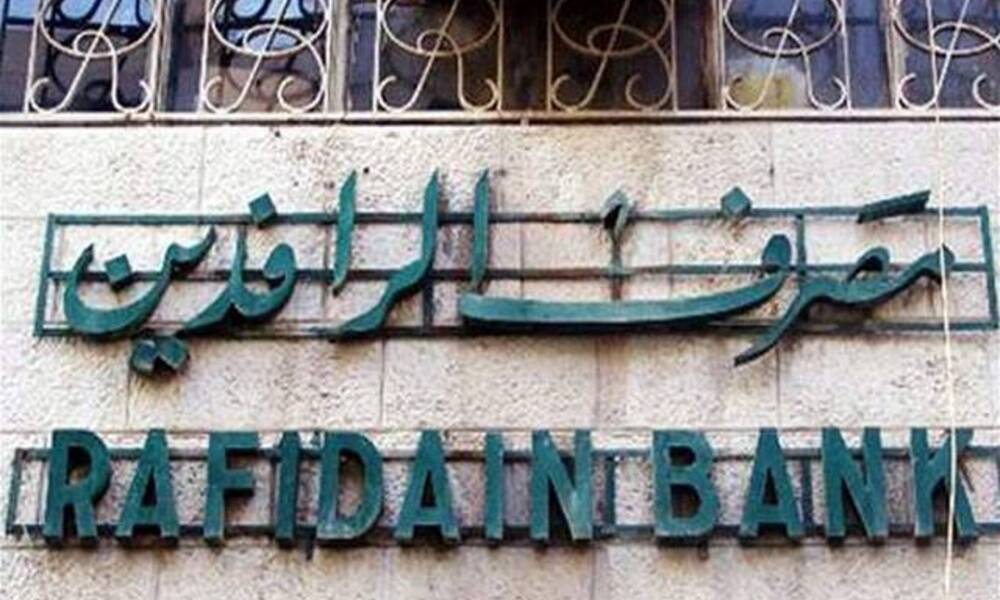KTFA
FRAN26: "ANOTHER ONE BITES THE DUST FOR THE MONETARY REFORM SUCCESS"..........F26
Karbala.. Arrest of five employees of a government bank who embezzled one billion dinars
8/20/2024
The Federal Integrity Commission revealed the embezzlement of more than one billion dinars from a branch of a government bank in Karbala, indicating that the former bank manager and four other employees were arrested for their involvement in the embezzlement.
The media of the Commission said in a statement received by Shafaq News Agency, that information was received about Rafidain Bank - Al-Hussainiya branch granting car loans without concluding contracts between the bank and the borrowers, and the existence of cases of embezzlement of the amounts of the paid installments, noting that a team was formed in the Karbala Investigation Office and moved to the aforementioned bank; To audit the borrowers' files, guarantor forms, loan contracts, and collection receipts, in addition to daily matching statements, calculator tables, and the electronic program for that.
The Authority’s media statement explained that the auditing process lasted for (21) days, during which (2413) files were audited, and it was found that five employees, including the former bank manager, had embezzled an amount of (1,034,682,625) billion dinars, by organizing fictitious loan transactions to purchase cars, noting that the amounts paid by borrowers appeared in the calculator tables only, and there was no trace of them in the daily records, and no receipts and daily matching statements were found; which means that the payment process was fictitious.
He added that the auditing process showed that fictitious payment dates were recorded on dates that coincided with official holidays, noting that the auditing work on the subject of embezzlement in the bank relates to only one case out of (9) cases related to the bank itself that are being audited and reviewed in preparation for their completion and presentation to the judiciary.
He pointed out that the External Audit Division of the Karbala Investigation Office indicated in its report violations and embezzlement cases, which were presented to the competent judge who issued his decision to arrest the accused in accordance with the provisions of Article (315) of the Penal Code, explaining that the arrest warrant was executed against (4) accused, while the fifth accused (the bank manager) was arrested at his residence in Babil Governorate, after communicating and coordinating with the Integrity Investigation Court judge and the Commission’s Investigation Office in the governorate, after he was previously transferred to Rafidain Bank - Alexandria, and during the operation, the files, numbering (2413) files, were seized.

